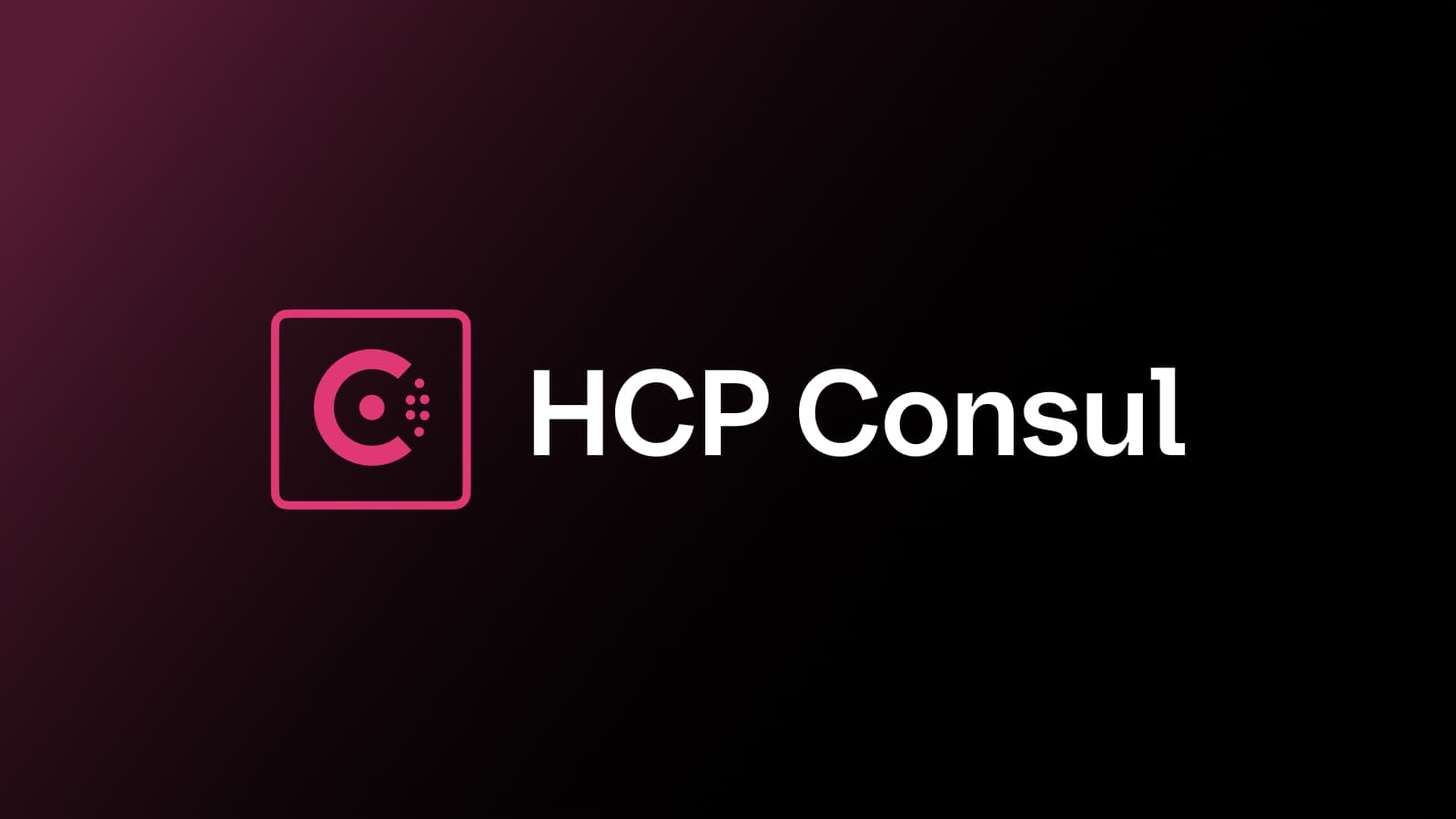We are pleased to announce that HashiCorp Cloud Platform (HCP) Consul on Microsoft Azure is now generally available to all users and can be used in support of production workloads. All HCP users now have the option of deploying a fully managed version of Consul in Azure and connecting it to their workloads running on Azure Virtual Machines (VMs) or Azure Kubernetes Service (AKS). This announcement marks the latest milestone in the HashiCorp and Microsoft collaboration, providing a fully managed service mesh solution on HashiCorp backed infrastructure.
“We’re excited to bring HCP Consul to Azure customers,” said Brendan Burns, co-founder of Kubernetes and Microsoft Corporate Vice President of Azure Control Plane, Open Source, and Cloud Native Compute. “Consul already provides robust service mesh functionality, and using HCP Consul with a service like Azure Kubernetes Service enables enterprises to deploy more resilient, secure microservice environments without the added operational burden of managing it. This launch marks yet another achievement in our collaboration with HashiCorp.”
»What Does This Mean for HCP Users?
Previously, HCP Consul was able to support only workloads that were either running in an Amazon Web Services environment. While this provided a good starting point for users interested in our cloud service, it didn’t address the needs of the many organizations who use Microsoft Azure as their primary cloud environment. Our goal has always been for HCP to be a multi-cloud solution and enabling Azure gets us one step closer to achieving that mission.
»What Does General Availability Include?
HCP Consul on Azure is now available to all HCP users for either on-demand hourly consumption or via annual deals. To deploy HCP Consul on Azure, users can select Azure for their HVN as a deployment option from the HCP UI or when using the HCP Terraform provider. HCP Consul on Azure can be used to discover and securely connect applications running in either Azure Virtual Machines or on Azure Kubernetes Service. With the GA release, we support both development and standard (single region) clusters. Federation will not be available with other Azure-or AWS-based HCP Consul clusters. Additional features and capabilities are planned for later releases of HCP Consul on Azure.
»Next Steps
HCP Consul on Azure is now available for all HashiCorp Cloud Platform users. If you have not already created an account, visit the HCP Portal to sign up and find resources on how to get started. If you already have an account and would like some help getting started, we have a number of new tutorials available:
- Azure VNet Peering
- Configure AKS as a Consul Client for HCP Consul
- Azure end-to-end VM
- Configure Azure VM as a Client for HCP Consul
If you would like to learn more about HCP Consul, please visit our documentation.









